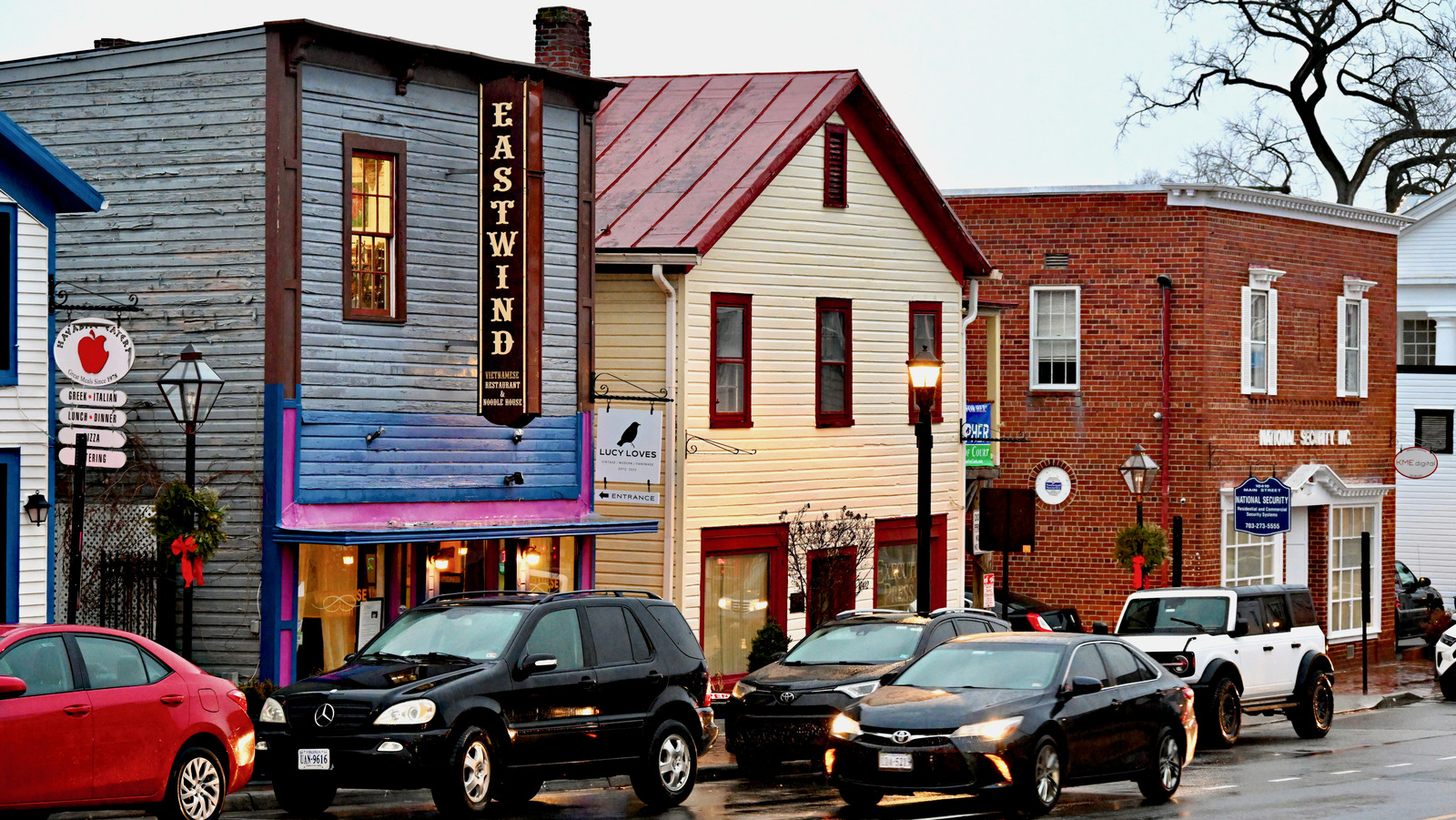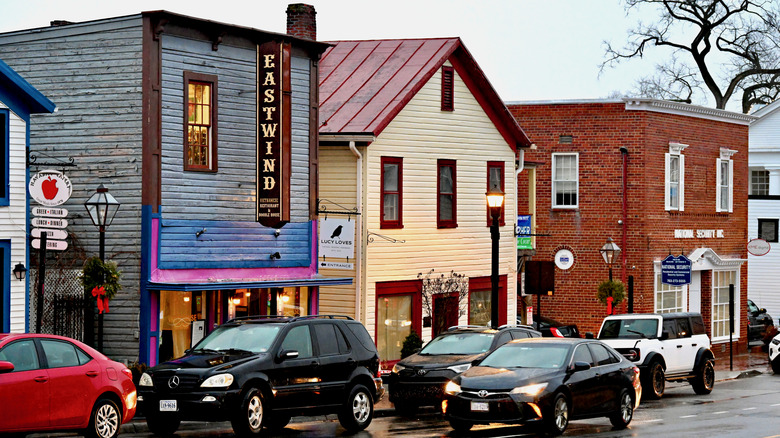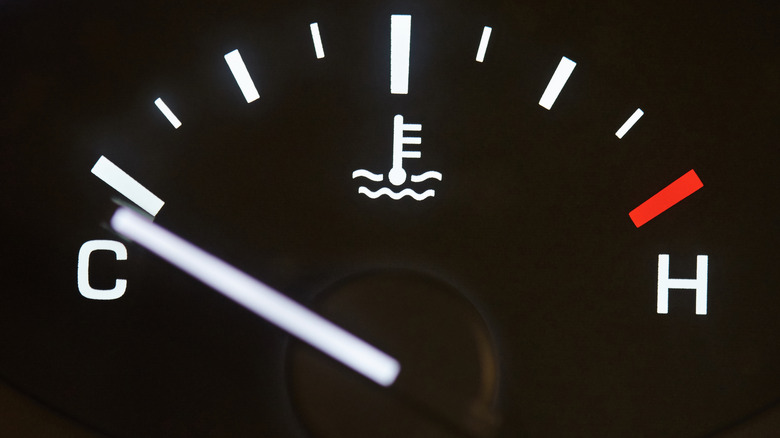Do you take a lot of short trips in your vehicle? When I say short here I mean between 5 to 10 miles or under 15 minutes. You know, short hops here and there to the store, school, or work. You probably do, whether you realize it or not. According to the U.S. Department of Energy, the average length of a car trip here in the States is just under 6 miles and less than 7% of trips are longer than 30 miles. That’s not a lot of miles, right? Just a few quick little jaunts here and there around town doesn’t seem too bad. Well, it might not be bad for you, the driver, but those short little trips could be doing more harm to your vehicle’s engine than you realize.
The harm that those seemingly harmless short trips can cause your engine ranges from mechanical damage and oil sludging to shortened battery life and increased carbon buildup. The cause, of course, all boils down to one thing — temperature, or lack thereof. See, it turns out that starting your car cold all the time and not running it up to full operating temperature can have some pretty bad effects on your engine.
It’s all about the temperature
Every vehicle engine out there is designed to work best in a narrow range of temperature. This range varies, but typically runs between 195 and 220 degrees Fahrenheit. It takes some time for your car or truck to get up to that temperature, longer than you might think, in fact. If you’re regularly taking short trips, your car’s engine will never get up to its proper operating temperature. When an engine doesn’t reach its proper operating temperature, that’s where the trouble starts.
The most serious problems caused by short trips are oil sludging and contamination. Through normal use, a vehicle’s engine gets water condensation inside of it as it heats and cools. That’s why sometimes your car will smoke a bit on startup or you’ll see some water dripping out of your tailpipe. If your engine doesn’t get up to the proper temperature, that water doesn’t cook off and stays inside the engine where it mixes with the oil. This can turn your oil into thick sludge, which clogs up oil passages and generally causes an awful, goopy mess.
Oil contamination can also happen if your engine doesn’t get up to proper operating temps. You know how metal shrinks when it’s cold and expands when it’s hot? Well, when an engine is cold, the tolerances get a bit looser. They tighten up as the engine heats up and parts expand, but as that happens, combustion gases can get past the piston rings and mix with the engine’s oil. This causes the oil to break down more quickly and can introduce corrosive elements to the oil, both of which can really mess up an engine’s innards.
What else can go wrong?
Along with oil contamination and sludging, making lots of short trips can affect your fuel system. A cold engine runs rich, i.e. it pumps extra fuel into the combustion chambers, and as it warms up the fuel/air mixture leans out. Not only does that extra fuel affect your fuel economy, but it can wash down your cylinder walls leading to extra wear and mix with your oil which, again, leads to contamination. All that extra fuel can also cause heavy carbonization inside an engine which can keep your valves from opening and closing properly.
Problems attributed to cold starts and short trips aren’t just related to engine temperature, unfortunately. They can also affect your battery. See, if you don’t run your engine long enough, your alternator won’t have time to fully charge your battery as you drive. This means the battery will never fully charge, which can dramatically shorten the battery’s life.
How can you avoid this?
Now, I hear what you’re saying. You only have a 10 minute drive to work and you absolutely have to drive the six blocks to the store and back every other day for snacks. Here’s the thing, even if you absolutely have to make short trips, you’re not automatically screwed. Thankfully, there’s a pretty simple solution to this — go for a drive, even a trip without a destination.
Once every other week or so, take your car or truck out for a nice, long ride. Hit your local scenic routes, or drive to the next town over for one of our favorite stops. Wherever you decide to go, do maybe a hundred miles of long distance driving with some fast sprints here and there. Really exercise your engine (while obeying all traffic laws, of course), and it’ll thank you in the long run.
Other things you can do to mitigate the engine damage caused by a lot of short trips is consolidate your errands, so you’re running your car longer, invest in a battery trickle charger to top up your battery regularly, and make sure you’re doing your scheduled maintenance. Oil changes are especially important, and you may want to shorten the time between them to make sure you’re not getting a ton of sludge and gunk in the engine.





